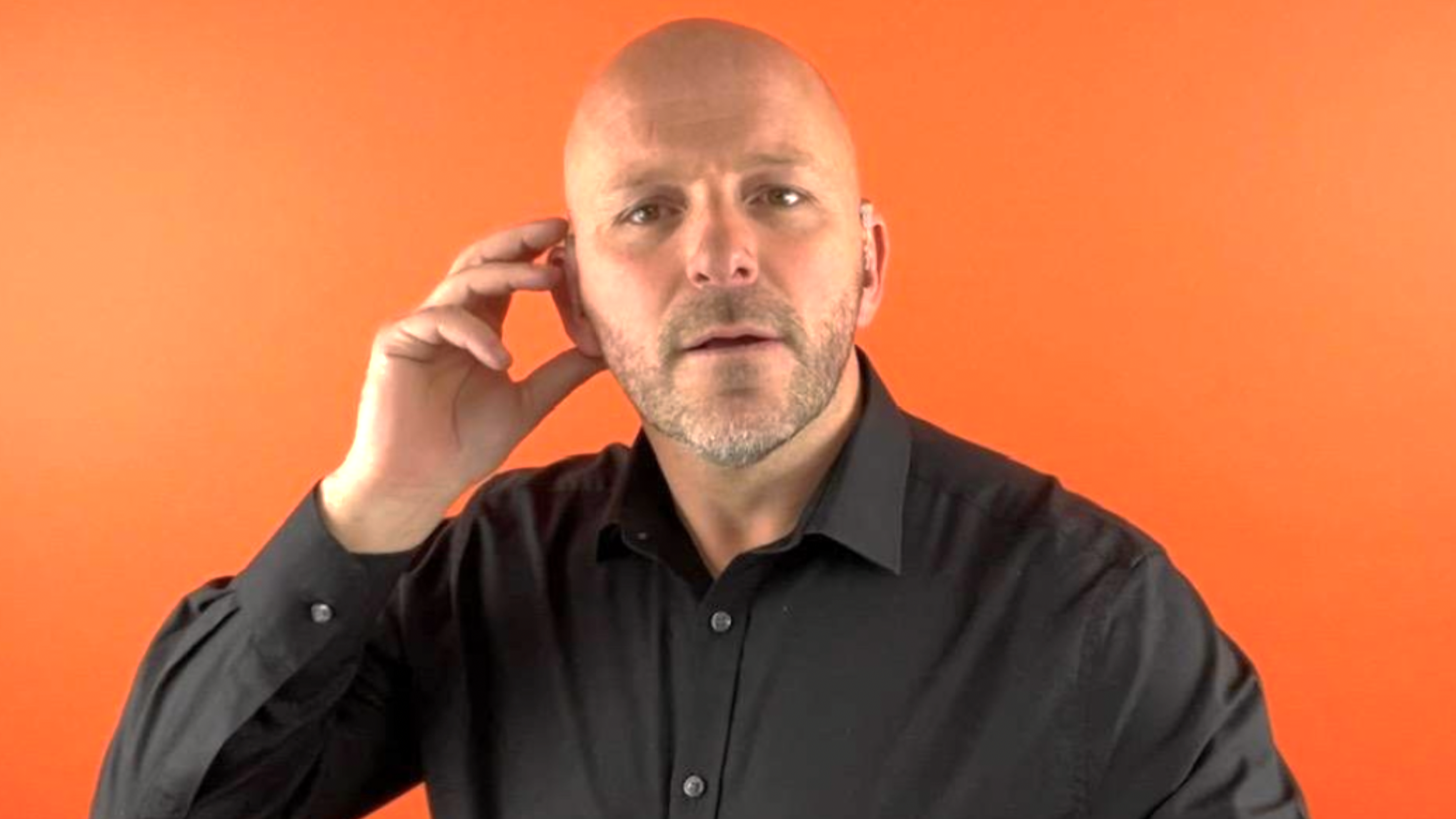PSYCHOLOGICAL SUPPORT AS PART OF COCHLEAR IMPLANT PROVISION

“Since getting my implant, people expect me to be like a hearing person”.
Stuart McNaughton says:
We always feel better after talking to someone or confiding in a friend, don’t we? We always feel better when we feel supported by colleagues so, naturally, when we get supported along our journey to hearing, we can feel assured, more connected and less anxious. Today’s modern world is an anxious place. We are constantly bombarded with news and managing anxiety takes active, sustained effort. And I thought, amidst all that noise, are adults and families out there getting the right psychological support alongside their cochlear implant provision. The answer is no.
Over the last twenty years, I have met hundreds of cochlear implant users. Some haven’t been programmed optimally and were angry about their less-than-adequate care; some were disappointed with the customer services from their cochlear implant manufacturer, left without hearing for days or weeks on end; and this after many years of profound hearing loss, and all the anxiety that entails.
We often talk about cochlear implant provision, but what does it mean? The very definition of provision is ‘the action of providing or supplying something for use’. Even when we buy a laptop or a smart phone, we need to know where to go in order to get support. Audiology Centres and Cochlear Implant Programmes around the world are struggling to service the increasing number of patients. I discovered this recently by calling four Cochlear Implant Programmes in the UK to enquire who supports cochlear implant recipients and families under their care psychologically? All four Cochlear Implant Programmes confirmed that there was currently nobody on their staff who could provide psychological support for the very transition that individuals were opting for.
So, I went one step further and conducted a very quick survey. I invited 30 CI users to respond to a series of questions and 84% (n=25.2) felt that the first 5 years of hearing with a cochlear implant was a ‘significant struggle’. Amongst some of the qualitative feedback was one respondent stating: “Since getting my implant, people expect me to be like a hearing person”. I can conclude that these individuals were simply not prepared. They were not made aware of the resources they could tap into to build their resilience, nor were they empowered to advocate for themselves.
As someone who is bilaterally implanted, I really wish I had been supported better. It got me thinking: are there other mental health therapists out there who would like to expand this concept in their countries, who can deliver this in their local languages NOW so this forms part of the ongoing cochlear implant provision? ? We need to talk about this can be done.
Email: stuart@thecochlearimplantcoach.com
Web: www.thecochlearimplantcoach.com
22 June 2022
